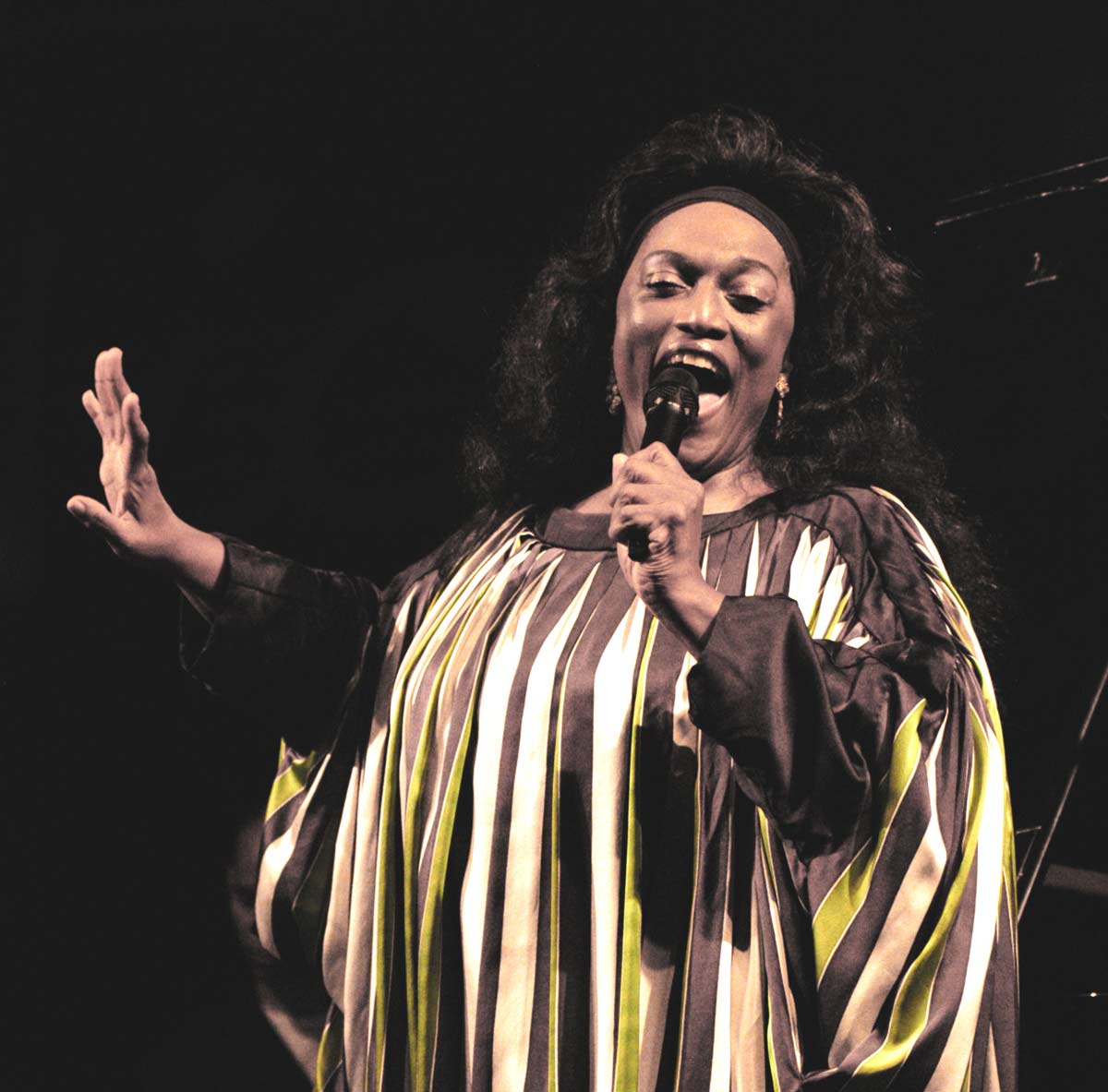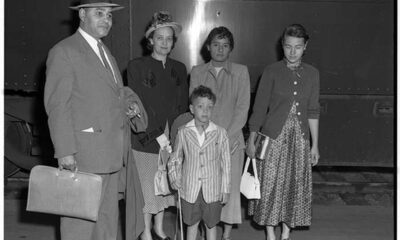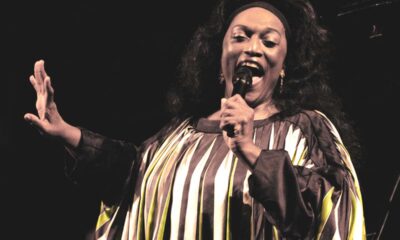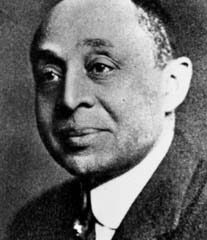Arts-Theater
“Auditioning for Life”: Part II

By Suzanne Spellen
When I was in college, I was involved in some musical activities. I sang in the Yale Gospel Choir and I sang around in coffeehouses and for a while freshman year, I sang and played guitar for folk masses at the Catholic chapel. Senior year I was in a production of Godspell, which I’ve talked about in another substack post. Fast forwarding to post-college, I moved to NYC to further my vocal and performance studies. By this time, I had decided that I wanted to be a classical singer. I had fallen in love with Leontyne Price, Shirley Verrett, Grace Bumbry, Renata Tebaldi and Marilyn Horne. I wanted to be like them. Later, I wanted to sound like Jessye Norman. I was taking voice lessons, moving through several teachers over the years.
After a few years of independent study, I got up the nerve to audition for a non-credit class at Juilliard and I was accepted. That was my first time ever singing and acting in scenes from an opera. It’s also when I learned that I was not a soprano, but a mezzo, the lower voice. I’ve never regretted that discovery. After that, I felt more confident in auditioning for other workshops and productions. As I went on, I also began to realize I was making some really dumb choices in my auditioning repertoire and even in what I was wearing.
I had no clue what I was doing. Since I didn’t go to a conservatory like Juilliard, and since none of my teachers ever taught me, I never had any classes or clues about how to do an audition. I learned what little I knew from watching other people and from reading articles about how to audition. This was before chat rooms on the internet. We found out about programs and auditions from reading Back Stage, a weekly job and auditions paper for the performing arts.
Being a mezzo was a blessing, audition-wise. There weren’t that many of us, so getting a gig or a part in a workshop was much easier for me, than it was for one of the dozens of sopranos who came to each audition. For every mezzo, there were at least twelve sopranos auditioning. I guess I managed to be good enough to be accepted for various things while I was learning the ropes, I was not trying out for major companies or summer programs. I needed to have roles on my resume.
I did try out for several big-time opera choruses, but never landed one. I’ll talk about those at another time. But after singing for a number of years, I took a workshop that really changed my singing life. It was specifically structured to be an audition workshop. At last! I’ll finally know what I’m doing!
Richard Crittenden was the instructor. He was a well-respected baritone himself and was a teacher for most of his career. I was in an opera scenes workshop with him and learned about his auditions class. We all learned a great deal about the practical craft of opera singing and acting from Richard. I was in the class for at least four years, maybe more.
Richard had a mantra, “Make the Music Happen.” He stressed it repeatedly, with each student. That was our job – to faithfully execute the music on the page, doing what the composer wrote, while at the same time, making it our own. In an audition situation, all twelve of those sopranos might be singing the same aria, so how do you stand out from the rest and land the job? How are you going to make the music happen?
It all starts with coming out onto the stage. Do you stride confidently out there, or are you a walking apology for yourself? Do you look like someone who is all geared up to knock their socks off, or is your body language telling them that you are sorry for wasting their time? Do you confidently announce your name and the piece you’ll be singing, or do they have to strain to hear you? It’s opera, mostly in a foreign language – do you pronounce the name of the composer and the aria correctly, or not?
When you get out there, and after announcing who you are and what you’ll be singing, what do you do next? We learned how to get into character. Is your character a sweet, shy thing, an angry scorned lover, or is she a queen? Is a man a servant going above himself, or is he a duke, a high priest, or a king? The stance is different for each one. The physicality is different for each character.
We learned how to announce ourselves and our pieces, and then take a few seconds to get into character, then raise your head and begin. Any good accompanist or conductor knows from this that you are ready. What you don’t do, and what many, many people do, is announce themselves, take their moment, raise their heads – they are now in character, and then they break character to look at the pianist and nod that they are ready, and then try to get their character back. He or she is gone! After watching yourself and others do this, and it’s quite funny to watch after experiencing the same, I doubt too many of us in the class continued to do that.
When you audition, you have a short, finite window during which time you have to bring a character to life. There’s no time or opportunity for backstory. If your aria is the culmination of an entire act where your character goes through hell, you need to be in hell when the music starts. The people sitting at that table watching and listening to you know the story already, so they have certain expectations. It’s your job to not only sing impressively, you need to embody the character and the situation as well. Opera ain’t easy!
Everyone in the class got an opportunity to sing their piece. We all brought a blank VHS tape and taped our session. (I dated myself, there.) This enabled us to look back and see what we started with, listen to Richard’s critique, his suggestions and then see what we’ve did with them and how we improved. Most people sang the same piece for weeks, especially if they were getting ready for an important audition or performance. The improvement was right there. We all got better.
Richard believed that there were certain things someone could do to “fake it till you make it.” For whatever reason a singer might not be able to connect to the part. Most of us have an inner monologue going on from the moment we come out of the wings. “Gotta do this, be sure you do that, ok, now you have to remember to get this tricky rhythm correctly, gotta breath here, did I approach the high note correctly, what are the words, there are no words in my brain, ack, I could have done that phrase better,” and on and on. Add to that gestures and other movement, it’s a lot, so you need to learn how to go on autopilot.
That’s why you need to have your music down cold, don’t ever try new stuff at an audition that you learned last week. You need to know the music so well that your brain can spend its time working on other things, not counting the beats in your head or trying to remember notes or words. Then you can better become your character. Some auditions want to hear more than one piece, so you have to be prepared to become one, two, maybe three very different people in totally different situations.
One of the most lasting things that I learned from Richard was the use of gestures. A gesture isn’t just raising an arm or doing the upraised diva stance at the end of the piece ala every bravura musical number ever. A gesture is any physical move – you can gesture with your hands and arms, your feet, your body and your face. Most performers, I find even today, never learned how to do this properly or appropriately. Even people coming out of prestigious music schools or opera programs, and professionals at the height of their success.
Richard made us aware of ourselves and others in this regard. You’ve seen someone sing – anything, any genre, and somewhere in the middle of it, an arm starts to rise and gets about waist high in the part of the piece where nothing important is going on. In Richard’s class he’d stop you cold. “Why is your arm up?” “What does that gesture mean?” (The flip side of this is standing there like you are in rigor mortis.)
Every gesture has meaning. If you are singing a piece where you are talking about holding your baby, and you do a cradling gesture, that has meaning. It’s also very literal, so there are other things you can try there, too. Perhaps you can be just as powerful in a less obvious way, just the way you turn your head, or move your shoulders to surround that infant in your protection. Do that, and the audience doesn’t even realize what you did, but instinctively feels the emotion, through your voice and your subtle movement. You don’t need big physical gestures, or to wave your arms around without meaning.
I could go on and on about this, but at the end of the day, we all learned how to audition. The most important thing in performing is not how perfect your technique is, or how beautiful or powerful your voice is, or how great you look standing up there, it’s how you communicate with your audience. You can have the goods and not move people one iota, and they will leave unsatisfied and you won’t get the job. Or they can leave feeling that they have been a part of something special and heartfelt. This is a life lesson no matter what you do. We all audition for the world in some form or fashion throughout our lives. “All the world’s a stage,” Shakespeare wrote. We all need to find the way to truly Make the Music, and Everything Else, Happen.









